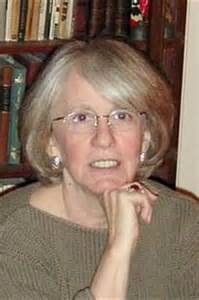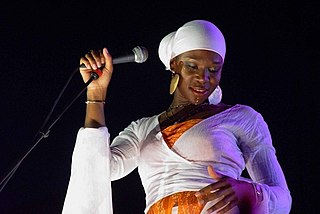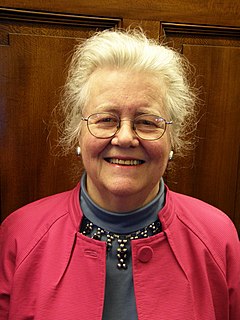A Quote by Thomas Chatterton Williams
Yet exactly what constitutes privilege and disadvantage can be counterintuitive: There is no metric to take into account the casual racism that I had to navigate in my neighborhood, a difficulty I was keenly aware friends of mine on the more socially cohesive and nurturing black side of town were often able to avoid.
Related Quotes
White privilege is the other side of racism. Unless we name it, we are in danger of wallowing in guilt or moral outrage with no idea of how to move beyond them. It is often easier to deplore racism and its effects than to take responsibility for the privileges some of us receive as a result of it... Once we understand how white privilege operates, we can begin to take steps to dismantle it on both a personal and institutional level.
While I was able to pass as white as soon as I came to America, this was not really possible while I was growing up, as it was pretty obvious that I wasn't 'all German.' So my privilege was that in America, I could conveniently withhold one of my bloodlines and avoid racism and discrimination. That is not a privilege most people of color have.
Adults who loved and knew me, on many occasions sat me down and told me that I was black. As you could imagine, this had a profound impact on me and soon became my truth. Every friend I had was black; my girlfriends were black. I was seen as black, treated as black, and endured constant overt racism as a young black teenager.
One of my jobs was at a start-up ad agency. They were trying to do things differently, work with socially conscious clients, and to really be a more creative take on advertising than the industry itself. But I noticed that what the guys at the office were circulating for inspiration still came from within the ad industry. I thought that was really counterintuitive - to only borrow inspiration from within your own industry.
If you have an all-white neighborhood you don't call it a segregated neighborhood. But you call an all-black neighborhood a segregated neighborhood. And why? Because the segregated neighborhood is the one that's controlled by the ou - from the outside by others, but a separate neighborhood is a neighborhood that is independent, it's equal, it can do - it can stand on its own two feet, such as the neighborhood. It's an independent, free neighborhood, free community.
When you have a small town where all of a sudden there's 3,000 black people living in a neighborhood where there were never black people before, that's a dramatic change. I'm not sure how much the people in the north are acknowledging that this is a permanent phenomenon, that it is going to change the social fabric.
The parents have to learn that the child should not be insulted, humiliated, condemned. If you want to help him, love him more. Appreciate what is good in him rather than emphasizing what is bad. Talk about his goodness. Let the whole neighborhood know how nice and beautiful a boy he is. You may be able to shift his energy from the bad side to the good side, from the dark side to the lighted side, because you will make him aware that this is the way to get respect, this is the way to be honored. And you will prevent him from doing anything that makes him fall down in people's eyes.




































